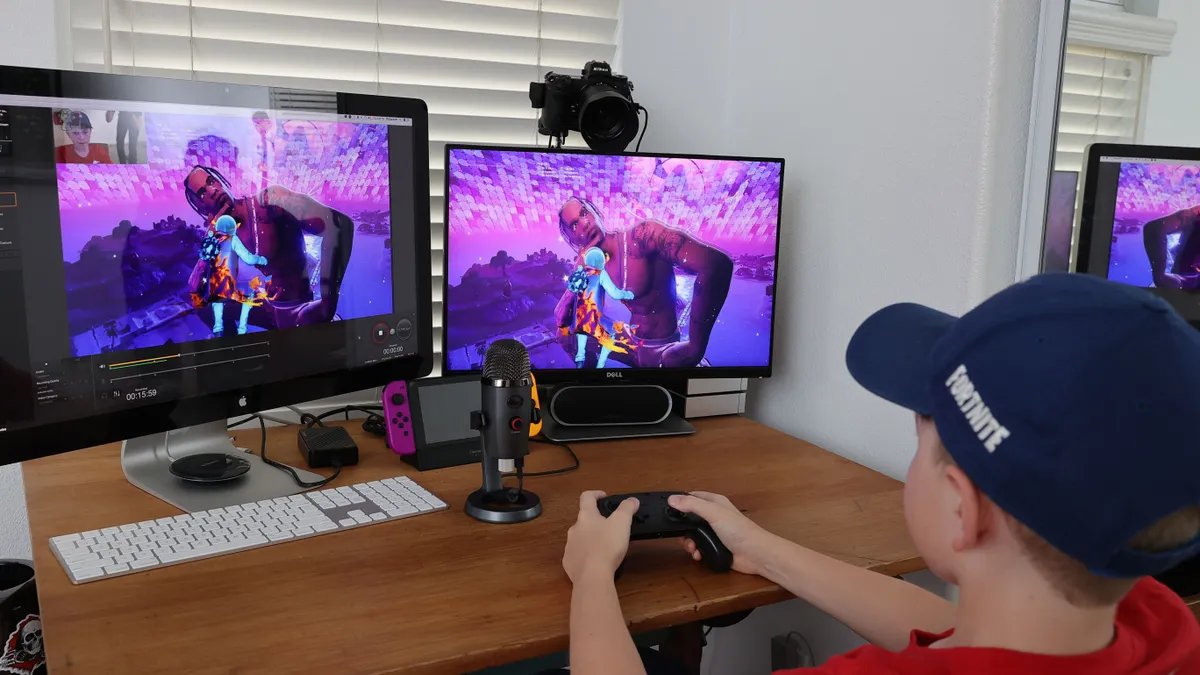As legacy payments players and new fintechs seek to grow the customer base for credit-related services, they're integrating alternative data to build and bolster consumer credit scores.
According to credit reporting agency Experian, 106 million Americans lack access to mainstream credit because they fall into one of three categories: "credit invisible," which refers to those consumers who lack a history with one of the three main credit bureaus; subprime, as in low credit quality; or "unscorable," referring to consumers that have opened credit lines, but have had limited activity in their accounts.
Credit invisible consumers are a crucial component to the future growth of the global economy, an April 7 TransUnion report on empowering credit inclusion noted. That's why established names like Experian and fintech Plaid are rolling out new efforts to rope in more of these consumers, just as young startups like Altro and StellarFi launch programs they say will uniquely aid people striving to build credit.
Coming out of the COVID-19 pandemic, lenders have loosened standards and have a more risk-on attitude, said Ted Rossman, a senior industry analyst with consumer financial services firm Bankrate.com. As lenders consider how to serve more consumers, both from equity and industry growth standpoints, "one of the big ways to do that is to expand the pool of borrowers," Rossman said.
There’s a stronger movement afoot to consider things like recurring rent or bill payments in determining creditworthiness. Lenders are "going to do everything they can to honestly look at what might be true to make somebody creditworthy," said David Robertson, publisher of The Nilson Report.
Technological advances
A wealth of consumer data, technological advancements, the prevalence of mobile devices and the ability to connect data sources efficiently and securely have combined to aid the rise of these credit-building efforts.
"We now have technology that helps us verify identities that we didn’t in the past," such as the consumer submitting a selfie via their mobile phone, said Rod Griffin, Experian’s senior director of consumer education and advocacy. "That’s a big piece of the puzzle."
Plaid this week launched a tool that makes it simpler for lenders to verify income and employment data so consumers can access loans or secure mortgages or leases. The tool has been in beta for the past year, and Plaid, which handles digital connectivity between financial accounts, said it now has coverage for about 80% of the U.S. workforce via payroll providers.
Earlier this year, Experian rolled out an initiative to help credit invisible consumers establish a credit history, which about 30,000 people have used so far. That followed the credit bureau’s introduction about three years ago of a tool that helps consumers boost their credit scores by linking phone, utility or streaming services payments to their credit reports to boost their FICO scores, which about nine million have taken advantage of.
"People don’t understand that a credit history is ubiquitous in financial transactions," and can be relevant to getting a job or securing an apartment lease agreement, Griffin said.
Creating a credit report “is the first step to gaining access to lower-cost financial tools and resources,” Griffin said. Notably, TransUnion’s report found underserved consumers – those who have only limited activity in their credit files – most commonly refuse credit offers because they consider interest rates too high.
Using alternative data
San Francisco-based Altro – formerly known as Perch Credit – focuses mainly on consumers' subscription accounts to mine data to build a credit profile. It uses that alternative data, such as from a consumers’ payments for streaming services, and to create a new monthly input to credit bureaus, allowing consumers to build credit histories.
Financial institutions are always looking for new customers, but may have been wary of working with individuals lacking credit histories, said Altro cofounder and CEO Michael Broughton, who was raised in a low-income household and didn't learn about credit. "It feels like we’re building this for the people I grew up with," Broughton said.
Altro works with card issuers, including Marqeta and Lithic, to issue virtual credit cards that facilitate payment for those subscriptions. Altro makes money via interchange fees on these transactions.
As Perch Credit, the company raised $2.5 million in 2020 and launched in January 2021. The company, which rebranded this year as Altro, now has about 100,000 users who have been invited to use the app, free-of-charge. Broughton expects the user number to increase to about one million over the next 12 months.
Another startup, Austin, Texas-based StellarFi, is launching its credit-building app tied to bill-paying in June. Consumers pay StellarFi a monthly membership fee, and the company uses virtual cards to pay consumers' bills, said founder and CEO Lamine Zarrad. StellarFi then reports those monthly payments to the credit bureaus. The company also works with Lithic as a virtual card issuer, and users get 1% back in rewards on every payment.
Grounding a line of credit in consumers’ recurring bills allows the startup to "incubate" users and understand the risks they truly present, Zarrad said. As users build their credit, StellarFi tries to connect them with offers for mortgages, car loans, personal loans and credit cards.
StellarFi, a public benefit corporation founded in late last year, also makes money through interchange fees. The startup raised $7 million in March and is targeting 50,000 active, paying users by the end of this year.
Previously, Zarrad founded the neobank Joust, which was acquired in 2020 by the small business digital services company ZenBusiness. He said there’s a cultural shift that’s fueling this credit-building movement, and its augmented by underserved consumers becoming comfortable using technology and sharing their financial data.
The credit service isn't just a utility for consumers, Zarrad explained. "For a lot of our customers, it’s perceived as a gateway to a better life," he said.
Correction: The story has been updated to correct the number of consumers using an Experian tool designed to boost their credit scores by linking to phone, utility or streaming services payments. The number is nine million. This story has also been updated to correct the type of virtual cards StellarFi uses to pay consumers' bills.




















